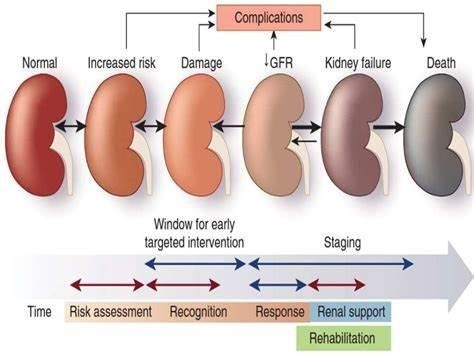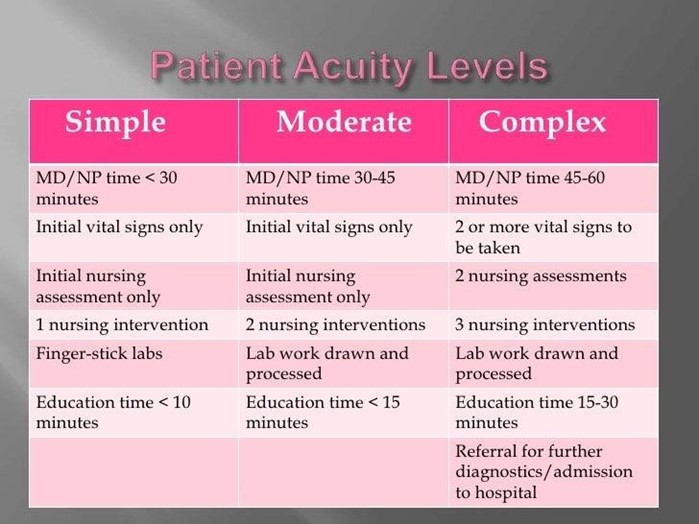A client with influenza is admitted to the medical unit. The nurse observes an unlicensed assistive personnel (UAP) preparing to enter the client's room to take vital signs and assist with personal care. The UAP has applied gloves and a gown. Which action should the nurse take?
Review the need for the UAP to wear a face mask while in close contact with the client.
Remind the UAP to apply a fitted respirator mask before entering the client's room.
Assign the UAP to provide care for another client and assume full care of the client.
Instruct the UAP to notify the nurse of any changes in the client's respiratory status.
The Correct Answer is A
Choice A Reason: Influenza is transmitted primarily through respiratory droplets. Droplet precautions require healthcare workers to wear a mask (surgical mask) when in close contact with a client. The UAP is already wearing gloves and a gown, which are appropriate for contact precautions but incomplete without a face mask for droplet protection.
Choice B Reason: A fitted respirator (e.g., N95) is unnecessary unless the client is suspected or confirmed to have an airborne transmissible disease such as tuberculosis. Influenza does not require airborne precautions.
Choice C Reason: Assigning the UAP to provide care for another client and assuming full care of the client is not necessary or feasible because it would increase the workload of the nurse and reduce the quality of care for both clients. The UAP can still assist with care for clients with influenza as long as they follow proper infection control measures.
Choice D Reason: Instructing the UAP to notify the nurse of any changes in the client's respiratory status is important but not a priority action because it does not address the issue of preventing transmission of influenza. The nurse should first ensure that the UAP wears appropriate personal protective equipment before entering the client's room.
Nursing Test Bank
Naxlex Comprehensive Predictor Exams
Related Questions
Correct Answer is B
Explanation
A) This client has a mild fever, which may indicate an infection or inflammation. This is a potential complication of enteral feedings, but it is not the most urgent situation. The nurse should monitor the client's vital signs, assess the feeding tube site, and notify the provider if the fever persists or worsens.
B) This client has signs of uremic encephalopathy, which is a life-threatening condition caused by the accumulation of toxins in the brain due to impaired renal function. The nurse should intervene immediately to prevent further
neurological damage and possible coma or death. The nurse should assess the client's level of consciousness, check the blood pressure and urine output, and prepare to administer dialysis or other treatments as ordered by the provider.
C) This client has heat stroke, which is a serious condition that can lead to dehydration, electrolyte imbalance, and organ damage. However, the client is receiving a normal saline IV fluid bolus, which is an appropriate intervention to restore fluid volume and correct sodium levels. The nurse should continue to monitor the client's vital signs, skin
temperature, and urine output, and watch for signs of fluid overload or cerebral edema.
D) This client has hyperemesis gravidarum, which is a severe form of nausea and vomiting during pregnancy that can lead to dehydration, malnutrition, and electrolyte imbalance. However, the client is receiving an infusion of Ringer's Lactate, which is an isotonic solution that can replenish fluid and electrolyte losses. The nurse should continue to monitor the client's vital signs, weight, and intake and output, and administer antiemetics or other medications as ordered by the provider.

Correct Answer is A
Explanation
Choice A Reason: This is the correct answer because the acuity level of the clients reflects their complexity and intensity of care needs. The higher the acuity level, the more time and resources are required to provide safe and quality care. The charge nurse should consider the acuity level of the clients when determining the appropriate nurse-to-client ratio and staffing needs.
Choice B Reason: The physicians' plans to perform procedures on the unit is not the most important information for the charge nurse to consider because it does not directly affect the nursing workload or staffing requirements. The charge nurse should coordinate with the physicians and other departments to ensure that the procedures are scheduled and performed safely and efficiently.
Choice C Reason: The number of clients leaving the unit for diagnostic tests is not the most important information for the charge nurse to consider because it does not indicate the level of care that the clients need or receive. The charge nurse should ensure that the clients are prepared and accompanied for their tests and that their care is continued and monitored on their return.
Choice D Reason: The skill level of the personnel staffing the unit is not the most important information for the charge nurse to consider because it does not reflect the actual demand or supply of nursing care. The charge nurse should assign and delegate tasks according to the personnel's skill level and scope of practice but also consider other factors such as client acuity, availability, and preference.

Whether you are a student looking to ace your exams or a practicing nurse seeking to enhance your expertise , our nursing education contents will empower you with the confidence and competence to make a difference in the lives of patients and become a respected leader in the healthcare field.
Visit Naxlex, invest in your future and unlock endless possibilities with our unparalleled nursing education contents today
Report Wrong Answer on the Current Question
Do you disagree with the answer? If yes, what is your expected answer? Explain.
Kindly be descriptive with the issue you are facing.
